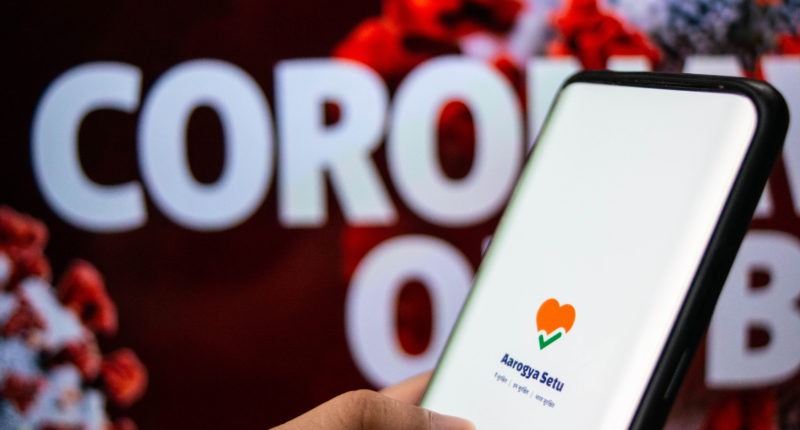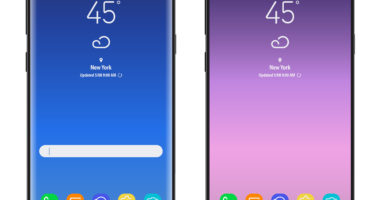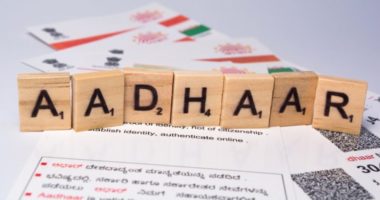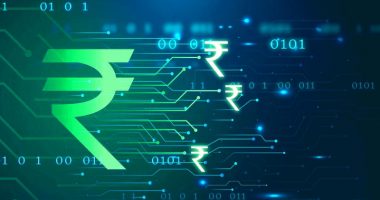India has come up with a contact tracing app for patients infected with the coronavirus. The name of this app is “Aarogya Setu”. With the help of Bluetooth, this app keeps a record of mobile phones which come in contact with each other. In case a user tests positive for COVID-19, this app will send in an alert to every device a patient’s phone comes in contact with.
When an individual test positive for coronavirus, he or she will need to key in that information on the application. The app will be able to warn all those who get in contact with the infected patient because the app has already recorded that information. Instead of depending on a patient’s memory, a contact-tracing application will alert others who may have come in contact with a COVID-19 patient immediately.
Experts claim that this app can be of help; however, it’s not enough to cut down the chain of transmission on its own. Contact tracking apps such as the Aarogya Setu app depend on Bluetooth signals and GPS location data to monitor devices that have interacted with each other.
A former Google employee, Lalitesh Katragadda, worked on Aarogya Setu along with a team of 30 volunteers said that the app was built to ensure the government can handle resources in case there is an explosion of COVID-19 cases. He also said that distributing resources would be much harder if the government had to rely on monitoring people by tracing their phones to the cell towers. Though technically it is feasible to do so, in an emergency, there will be no time to do so.
Also Read: COVID-19: UV LEDs Capable of Disinfecting Contaminated Surfaces
Although there are questions about how successful the technology really can be, there are still legitimate concerns about privacy. The government now has access not only to our names and date of birth but also to our biometric records. The government will not only know who we are and where we are and who we meet, but it will also be able to use this knowledge in ways that give it more influence and power over people.
Then, questions are raised about the form of data obtained. The list is broad and extensive, and there seems to be no stringent restriction to the reason for which the information is being collected. This can be used to assign resources to others, and it can also be misused and used to expose the sources of a journalist while revealing raw location data.
There are good reasons why society is concerned about contact-tracing apps, and why these apps have raised concerns about surveillance, particularly in countries that do not have proper privacy protection mechanisms in place. India’s data privacy bill is expected to be taken up in this Parliament’s monsoon session. Many will hesitate to use the software if the issues aren’t resolved. In other words, not taking into account privacy issues may backfire.
For any clarifications/feedback on the topic, please contact the writer at bhavana.pn@cleartax.in
Bhavana is a Senior Content Writer handling the GST vertical. She is committed, professional, and has a flair for writing. When away from work, she enjoys watching movies and playing with her son. One thing she can’t resist is SHOPPING! Her favourite quote is: “Luck is what happens when preparation meets opportunity”.





